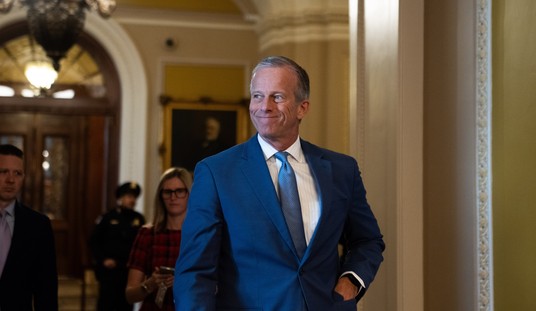Just eight years ago we were watching candidates for the GOP and Democratic nominations for president start their first series of debates. In their last major televised contest before the Iowa caucus, Republicans, in Tampa, Florida, debated obvious topics, such as Iraq and social issues. The housing crash, which was already taking place, was hardly mentioned.
Now we face another potential economic crisis -- one that the Obama administration could help resolve, or at least make less severe. But so far it appears the situation is not being taken seriously enough.
Readers will recall that just a year after that 2007 presidential debate the housing, mortgage and financial industries had virtually collapsed. With just weeks to go until the November 2008 election, the nation's economy was in meltdown and a stunned public blamed the party in power, the Republicans, and their nominee, Sen. John McCain.
Once again we have a series of economic problems boiling right beneath the surface. And once again our leaders, who could be working to solve these difficulties before they get out of control, seem completely out of touch.
In June 2014 media stories were reporting a drop in the price of oil. (There are various types and grades that are sold, but for the sake of simplicity, lump them together as simply "oil.") But even well into the summer of last year, many news reports were repeating the same old Memorial Day mantra that prices would rise as vacationers hit the roads.
It wasn't until late 2014 that headlines began to appear warning Americans of a steep drop in oil prices. At first it was heralded by many as great news for consumers, who would reap huge benefits in savings at the pump. But recent reports confirm that there has been no real boost in consumer spending as a result of falling gasoline prices.
Recommended
So here we are at the same point in the election cycle as we were in 2007. This time it's a glut of oil driving down prices combined with decreasing worldwide consumption that is the central part of what could be a major economic crisis in the coming year. And with the potential nuclear agreement with Iran, that nation's oil could suddenly flood the market, too, further depressing the price of U.S. oil.
Our laws still prohibit the export of U.S. oil to foreign countries. It is a ban that was created many years ago when OPEC had complete control of the oil market, and Americans were trying to save every drop that could be salvaged to keep it in our country and get it to our refineries. If President Obama really represents "Change We Can Believe In," as was his '08 slogan, it's time he started to change this outdated policy, and do so immediately.
Few have pondered the impact seriously depressed oil prices could have on our nation as a whole. It could have big ramifications.
Consider that Texas, with an economy larger than that of many nations, is taking on the brunt of this drop in prices. The big and the small in those businesses heavily dependent on oil have been laying off employees on a weekly basis. And while the number of layoffs from oil-related companies worldwide currently stands at about 176,000 people, that number has been accelerating rapidly even in the last month. A major boost in unemployment or a reduction in spending in Texas could take our barely growing national economy and slow its growth to nothing.
And it is not just Texas at risk. In total, about 1.7 million Americans are employed in the industry. Some of the drilling is for natural gas, but when oil prices truly plummet, the energy industry as a whole will be damaged.
And companies that have land-based "fracking" operations for oil drilling are now holding on by a financial thread. Bigger layoffs are coming to refineries and other entities that support the oil industry. Then will come the loss to investors and financial institutions. Sound familiar?
Recently the Obama administration approved the sale of U.S. oil to Mexico. But that is just a drop in the oil bucket. The president had better move quickly or he and his party's nominee could be facing a different version of the same mess that led to McCain's crushing defeat in 2008.























Join the conversation as a VIP Member